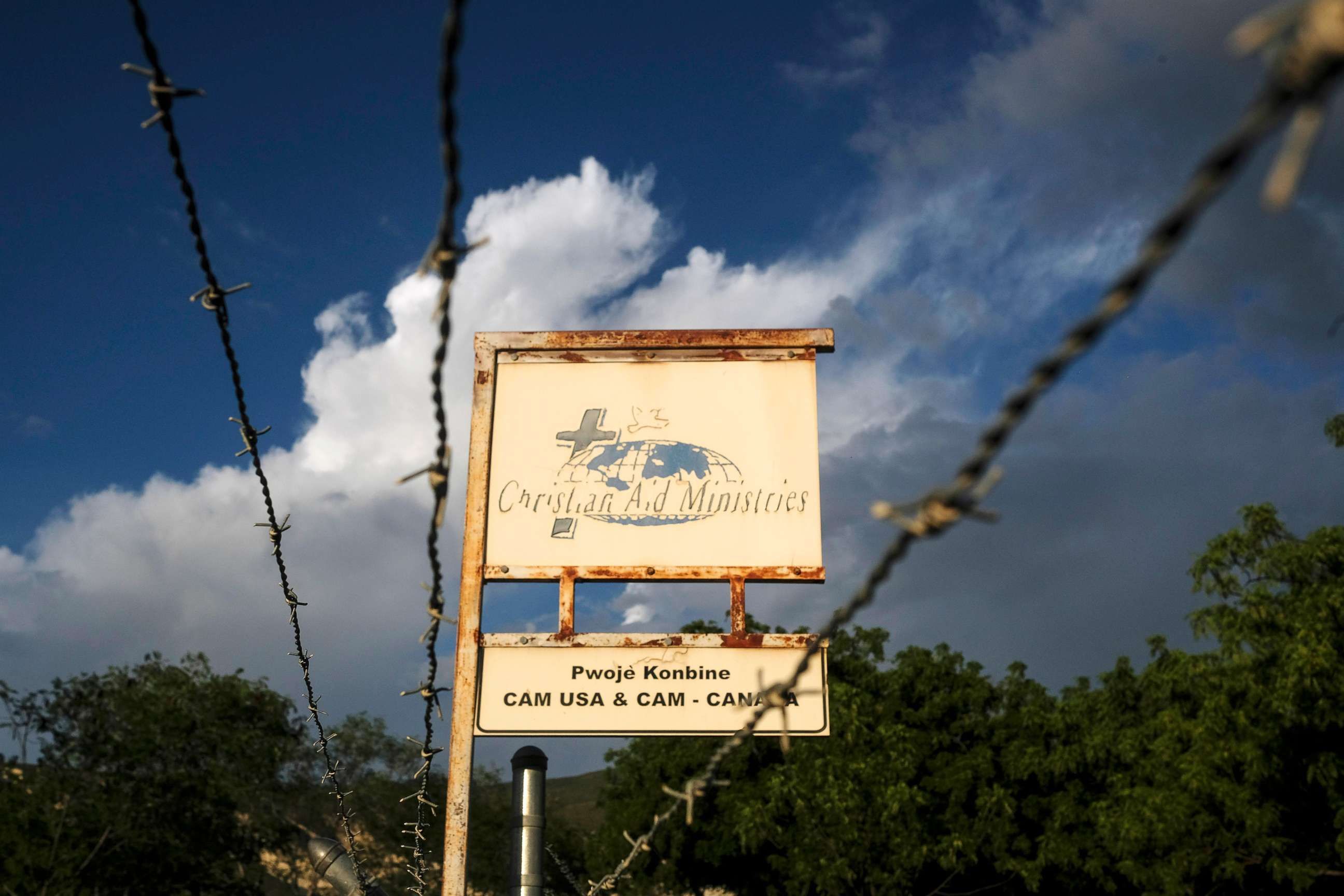Haitian gang releases remaining hostages from US-based missionary group
Their freedom was secured two months to the day from their capture.
The remaining 12 hostages from a U.S.-based missionary group have been released by the Haitian gang that had held them for two months, Haitian authorities and the missionary group confirmed Thursday.
Their release was secured two months to the day after they were first detained by the notoriously violent group that had demanded $1 million for each of the 16 Americans and one Canadian, including five children.
"We glorify God for answered prayer—the remaining twelve hostages are FREE! Join us in praising God that all seventeen of our loved ones are now safe. Thank you for your fervent prayers throughout the past two months. We hope to provide more information as we are able," Christian Aid Ministries said in a statement.

Haitian police confirmed to ABC News that the hostages were released Thursday morning in a suburb of the country's capital Port-au-Prince, and a Haitian National Police patrol picked them up.
It's unclear if that ransom was paid for their release.
The gang, known as 400 Mawozo, released two of the hostages -- a couple -- in late November as a humanitarian gesture because one of them was sick. Last week, three more missionaries were released, but Christian Aid Ministries declined to provide more information on their identities or how their release was secured.
All 17 missionaries were taken on Oct. 16 as they were returning from a visit to an orphanage in an area dominated by 400 Mawozo, one of the powerful criminal gangs that have operated with impunity in Haiti.
Haiti was devastated by a powerful 7.2-magnitude earthquake this August that killed over 2,200 people -- and is still reeling from the assassination of its president in July, the constitutional crisis he had created, and the political chaos that has followed his killing.
President Joe Biden has said he was regularly updated on U.S. efforts to free the missionary group, which involved the FBI, the State Department, the U.S. embassy in Port-au-Prince, and other government agencies. It's unclear if they played a role in their release Thursday.
The State Department did not immediately respond to a request for comment.




